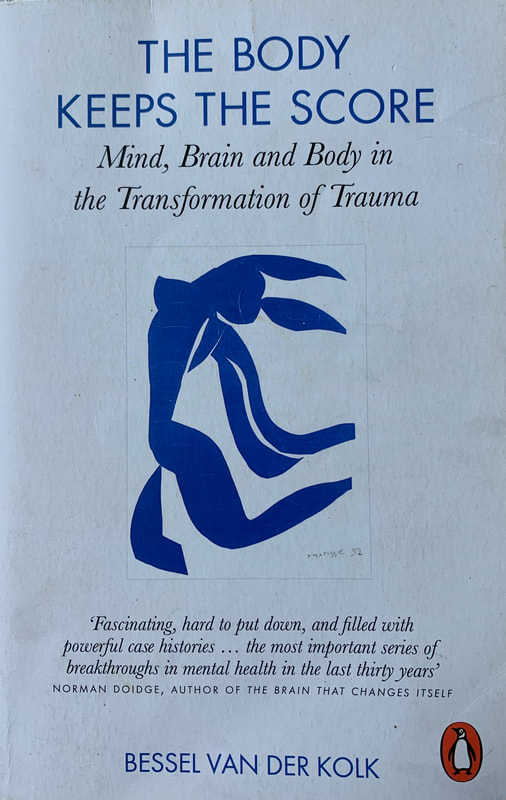The Importance of Celebrating your Wins!Do you stop and celebrate your wins?
It's so easy to let weeks go by, nose to the grindstone, achieving goals, ticking them off and then immediately turning our attention to the next task on our to-do list. Do you know what happens in the brain when you celebrate your wins? Yes! It releases lots of 'feel good' chemicals including: 1. Dopamine: This neurotransmitter is associated with pleasure and reward. It is released when we experience something positive, such as achieving a goal or receiving recognition for our accomplishments. 2. Serotonin: This neurotransmitter is associated with feelings of well-being and happiness. It is released when we feel proud of ourselves and our achievements. 3. Endorphins: These are natural painkillers that are released in response to physical activity, such as dancing or exercising. They can also be released when we experience positive emotions, such as excitement or joy. 4. Oxytocin: This hormone is often called the "love hormone" because it is released during social bonding and positive interactions with others. It is also released when we experience feelings of pride and accomplishment. Together, these chemicals contribute to the positive feelings we experience when we celebrate success. This can help to motivate us to continue showing up and doing our best. It makes work and life more fun! This week I'm celebrating the success of one of my clients who worked with me to overcome crippling imposter syndrome that was impacting her performance in interviews and now she's landed a new job! On a personal level, I'm celebrating that this week I've been really organised in the kitchen and even on days when I've worked late, I've had everything ready to cook a quick, healthy dinner. What are you celebrating this week? It doesn't have to be big, all the small wins add up so it's important to celebrate the journey, not just reaching the final destination.
0 Comments
What are you reading?
Right now, I'm dipping back into this classic: 'The body keeps the score,' by Bessel Van Der Kolk. Some of it is heavy reading, dealing with trauma. Trauma can be defined as an event or experience that overwhelms our ability to cope and leaves us feeling helpless, frightened, or overwhelmed. When we experience trauma, our bodies respond with a fight, flight, or freeze response, which can lead to physical changes in our bodies, such as increased heart rate, muscle tension, and changes in breathing patterns. In life, there's the 'big T' trauma that we usually associate with the word. I'm talking about singular or ongoing events such as abuse, car accidents, earthquakes or the death and subsequent grief of a loved one. There's also 'little T' trauma that can be just as impactful. This could be events such as being laughed at or excluded in the playground, a broken relationship, failing a big exam. Trauma is all about the way we process an event, the support or lack thereof received and the subsequent beliefs we form about ourselves and about the world. Our bodies can hold on to unprocessed trauma. If the trauma is not processed and resolved, these physical changes can become chronic and lead to physical symptoms such as digestive issues and fatigue. And our subconscious minds can form and hold on to unhelpful and often untrue beliefs. For example, Jackie applies for a job, gets an interview and then finds herself tongue-tied and completely out of their depth with the interview panel and questions. Jackie turns bright red, has sweaty palms and can't think straight. She feels mortified and continually replays the interview in head, with her inner critic berating her. Jackie then starts to believe, "I'm hopeless at interview. I can never think of the right thing to say. I'll never get a better job. Interviews are threatening situations." With subconscious beliefs like this, Jackie's thinking becomes very black and white, all or nothing and she uses language like 'never' which only reinforces it. The good news is that trauma, the stored emotions and the associated subconscious beliefs can be released from the body and the mind. This doesn't change what happened, but it allows you to leave it in the past and live more fully, more peacefully and more joyfully in the moment. |
Author: Rebekah RyanHypnotherapist, Mindset Coach and Rapid Transformational Therapist. Archives
August 2023
Categories |
"The Mind is everything; what you think you become." Socrates
|
If you'd like to arrange a free consultation to confidentially discuss a plan for success, please click on the button to book straight into my calendar.
Working online Worldwide via Zoom or in my clinic. |
Contact via email: [email protected]


 RSS Feed
RSS Feed
